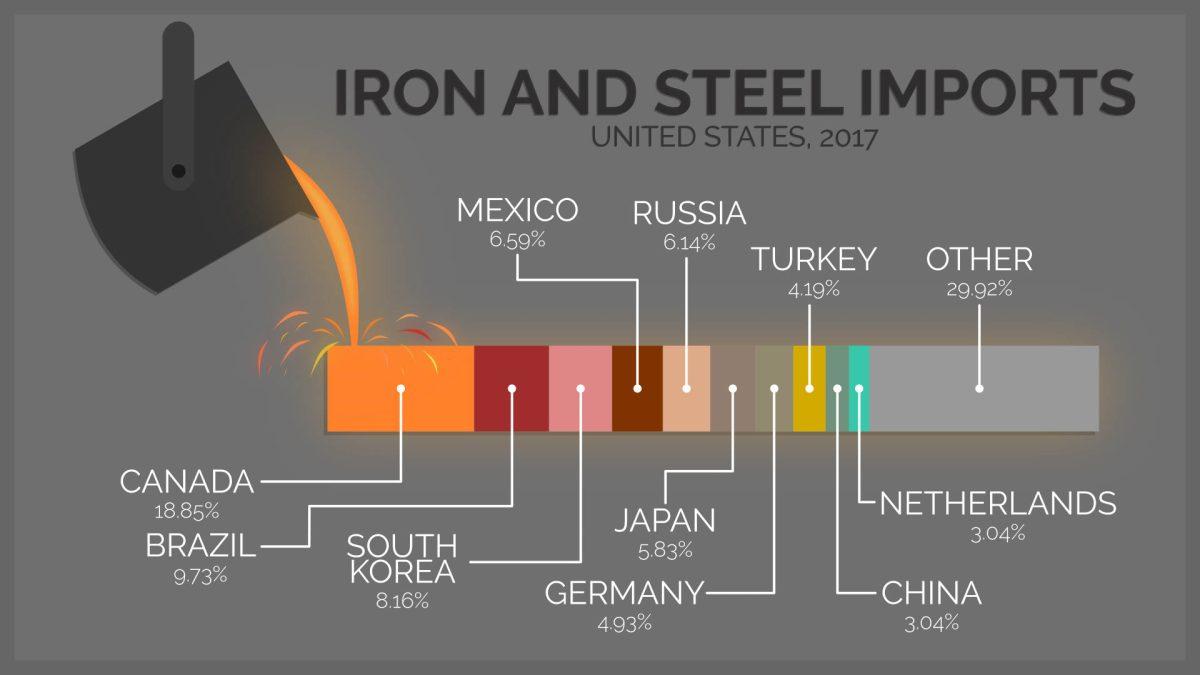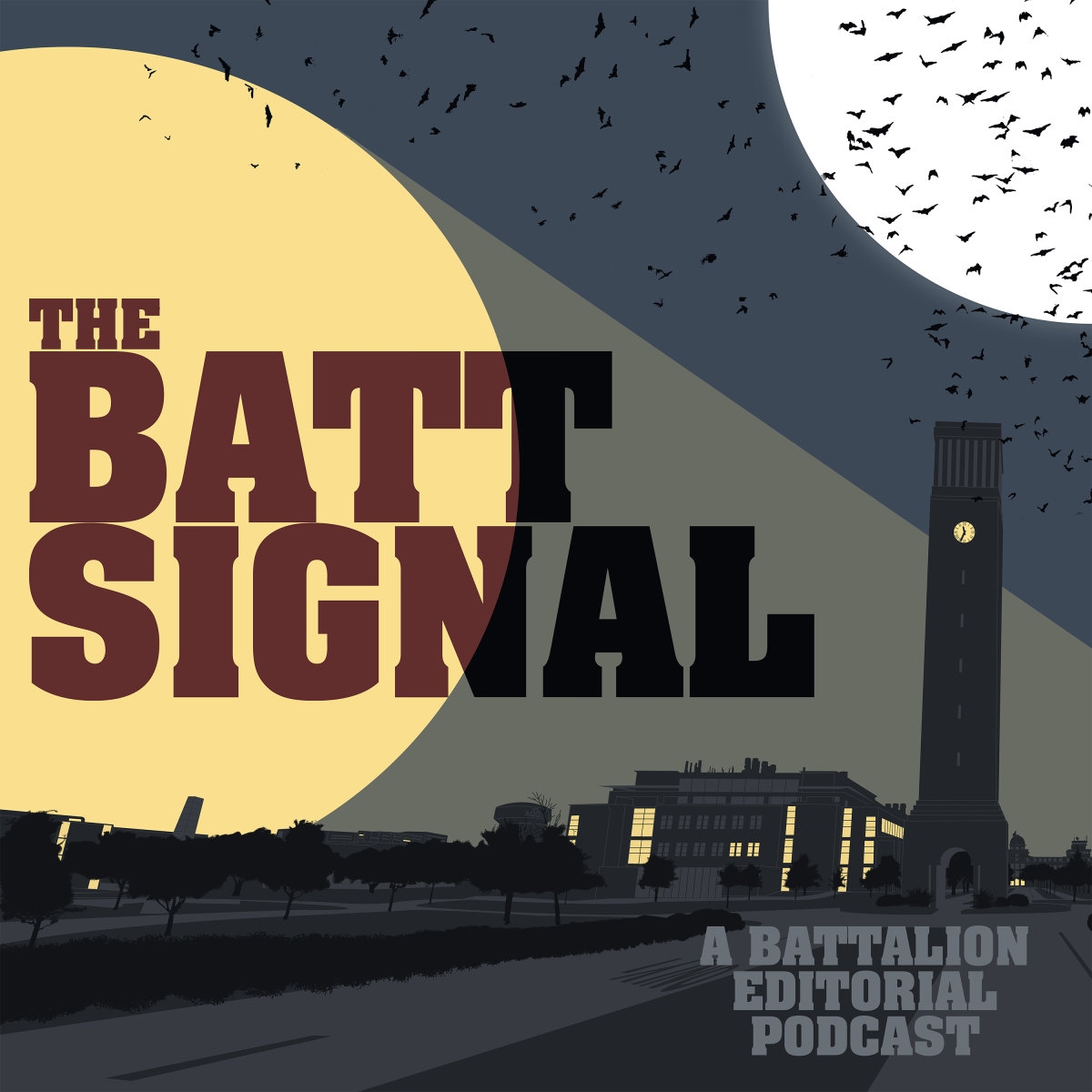Although President Donald Trump’s new 25 percent tariff on steel was designed to support steel workers who lost their jobs to automation, some Texans are arguing they may be hurt by the new trade policy.
On March 2, the president tweeted, “… trade wars are good, and easy to win …” Less than two weeks later, on March 15, he signed an executive order implementing a 25 percent tariff on steel and 10 percent tariff on aluminum, which would go into effect 15 days later. Some Texans, including Senator John Cornyn, are keeping an eye on the tariffs and watching for unplanned repercussions.
During his visit to College Station on March 28, Cornyn said he trusts the president’s instincts on the economy and business, but is concerned about some of the trade policies coming out of the administration.
“Some of the trade actions could well have unintended consequences,” Cornyn said. “When I met recently with the Texas Farm Bureau, they were concerned that some of the markets that had been opened up to the things we grow and produce here in the United States would be cut off, because of retaliation and of course, those costs for aluminum and steel ultimately get passed on down to the consumer [and] increase the price of those goods.”
Raymond Robertson, professor and holder of the Helen and Roy Ryu Chair in Economics and Government, said research shows steel tariffs can result in major disputes.
“There’s some evidence that suggests economic conflicts, like a trade war, can lead to physical conflicts, which we definitely want to avoid,” Robertson said. “Having said that, a trade war is in nobody’s real interest, so we hope that cooler heads will prevail and that we can stop the tariff escalation that would shut down trade.”
Robertson said previous attempts at similar tariffs have failed due to foreign retaliatory measures.
“If you look at the last several administrations, you can see very easily that these types of tariffs do not last very long, because other countries are very precise and surgical with their retaliation and it turns out not to be worth it,” Robertson said. “So usually, these tariffs seem to be pretty temporary.”
Tariffs can create problems before they are implemented, according to Robertson.
“I think it’s important to mention that the tariffs have an important effect, even before they go into effect, because they affect people’s expectations of future prices, and that actually affects the future’s markets and so you can actually see the distortions that come from tariffs before any tariffs actually get put into place,” Robertson said.
Scott Slusher, Class of 1991 and CEO and president of PID Energy LLC, which manufactures the only oil pumping units created with North American steel, said his business can be negatively impacted by the steel tariff. Slusher said his company received letters stating that prices would increase from steel suppliers when the tariffs were announced.
“When the tariffs are applied to the incoming steel, that overall increases the price for steel,” Slusher said. “The U.S. steel mills are able to increase their prices because their overseas competitors have tariffs applied, which has allowed them to have room to increase.”
Slusher said the primary issue with the tariff is it doesn’t apply to finished goods, which means imported finished goods are less expensive than domestic finished goods because U.S. manufacturers are paying higher steel prices.
“The main thing is, if the finished goods from China that are made predominantly of the products the tariffs are targeting, like in this case, steel and aluminum, if they aren’t subject to the same tariff, then the U.S. manufacturers like ourselves will be put at a disadvantage,” Slusher said. “So where the tariff may help the steel mills, it puts us at a disadvantage.”
Cornyn said representatives are working with the president to ensure successful trade policy.
“People like me are talking to the president and his advisors on a regular basis, trying to make sure that we don’t make a mistake when it comes to trade and we don’t reverse these trades,” Cornyn said.
Texans eye Trump’s tariffs
April 18, 2018
0
Donate to The Battalion
$1435
$5000
Contributed
Our Goal
Your donation will support the student journalists of Texas A&M University - College Station. Your contribution will allow us to purchase equipment and cover our annual website hosting costs, in addition to paying freelance staffers for their work, travel costs for coverage and more!
More to Discover










